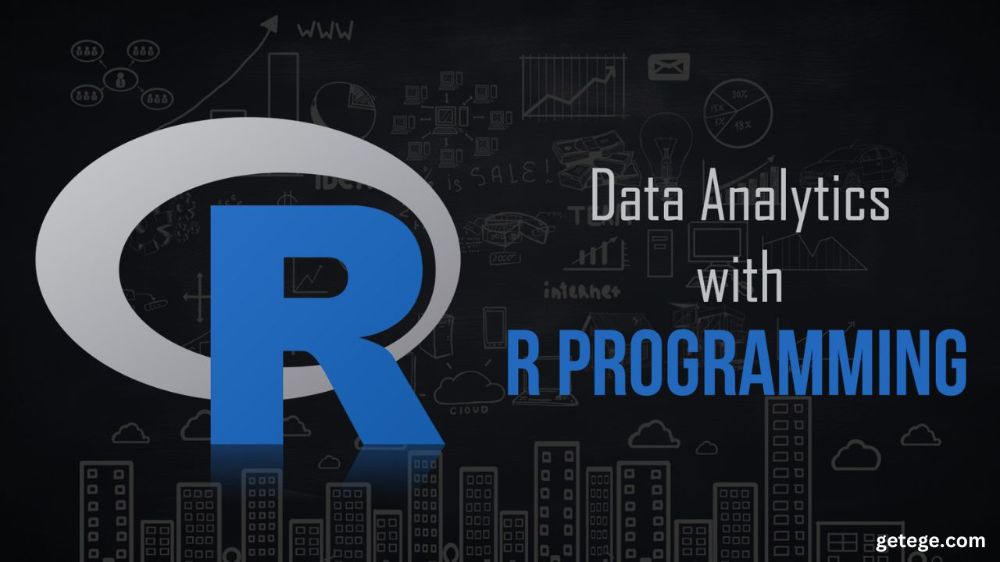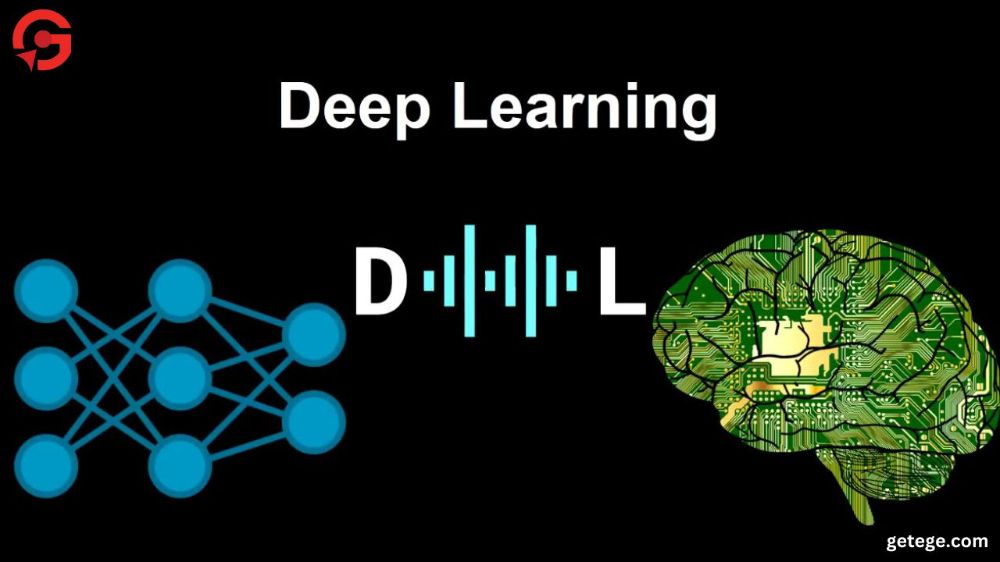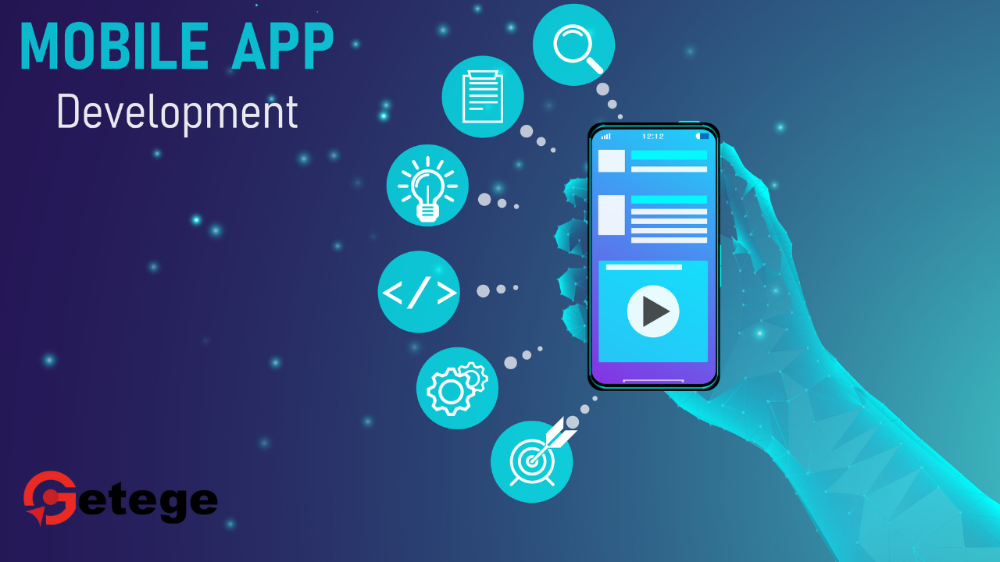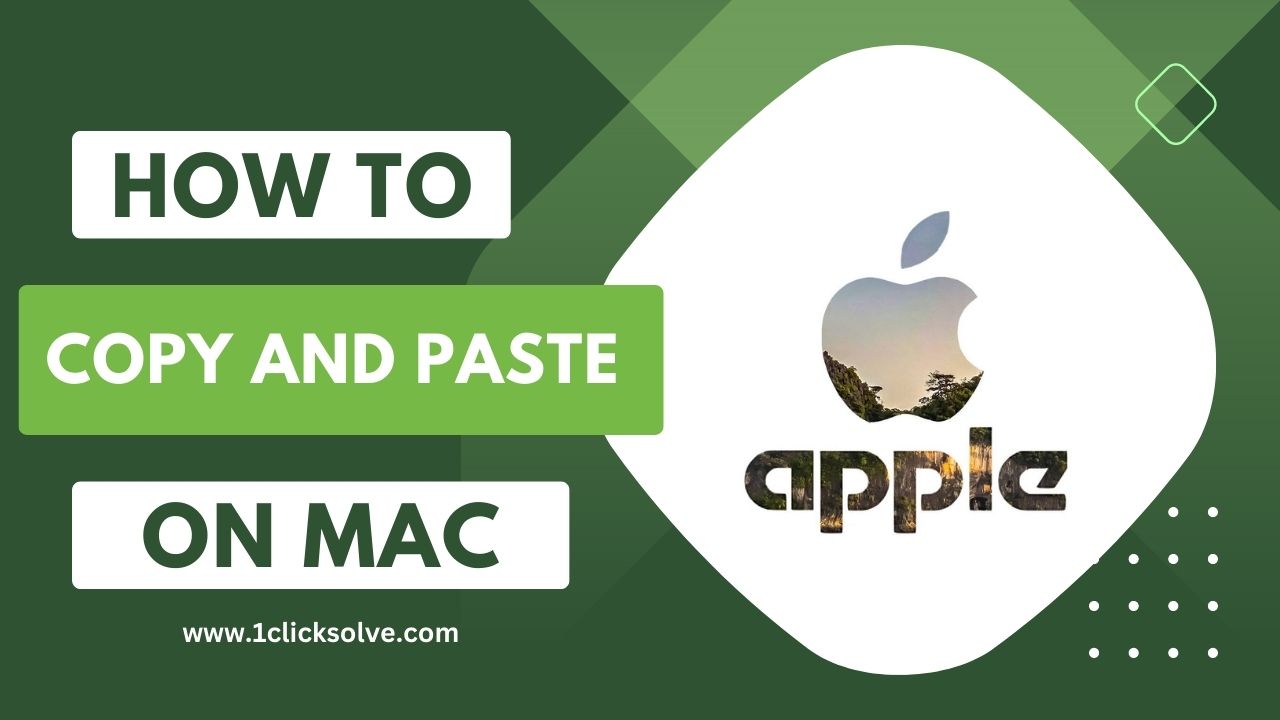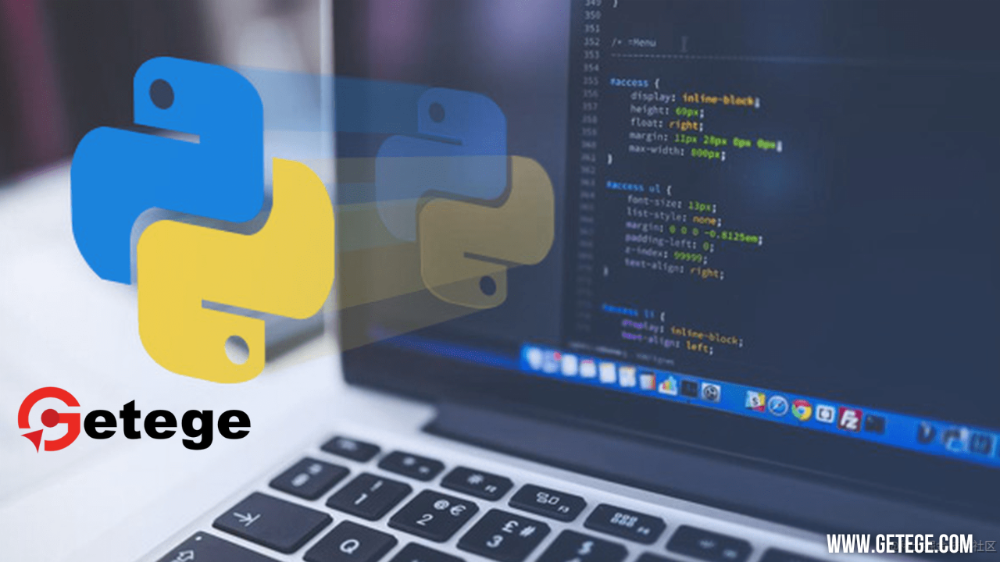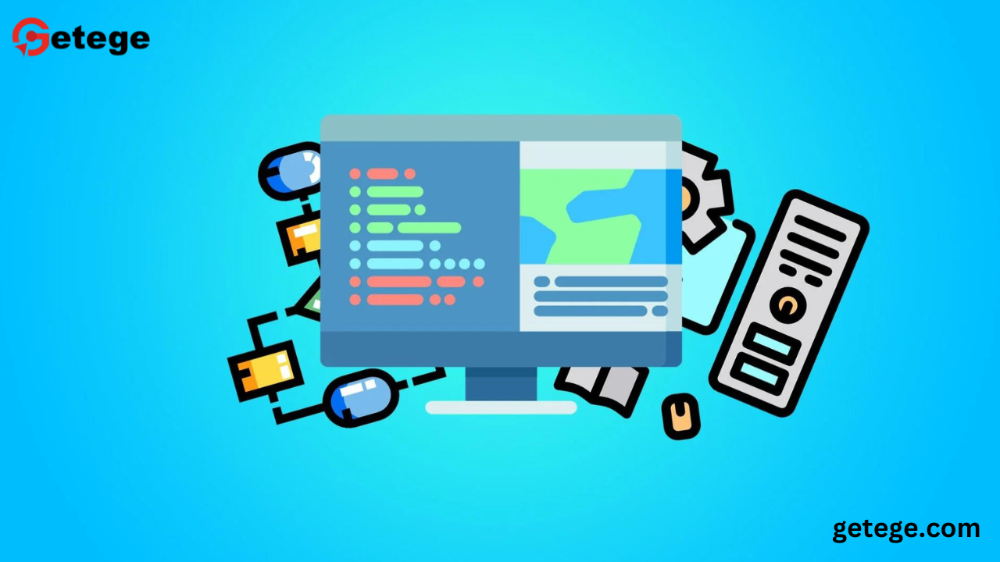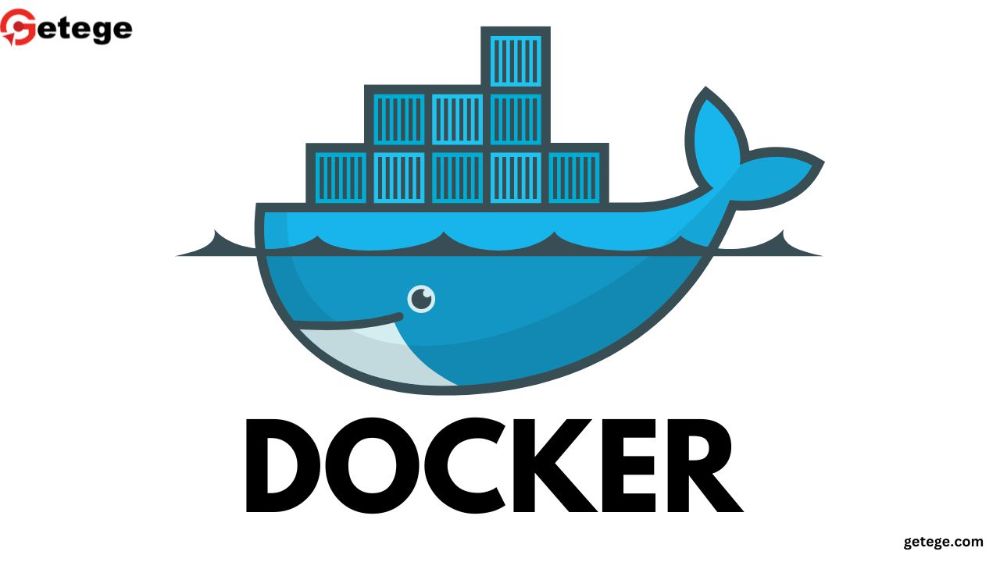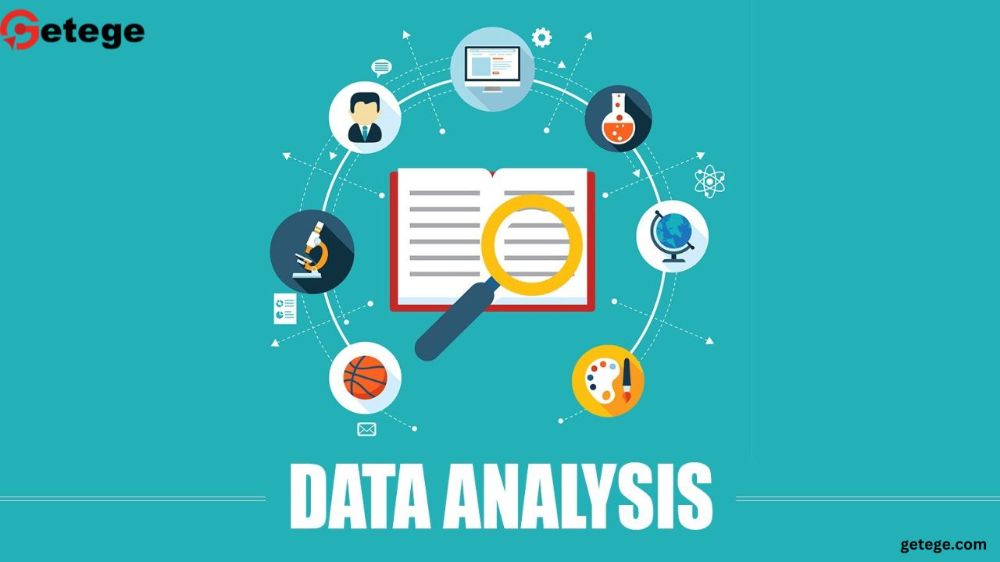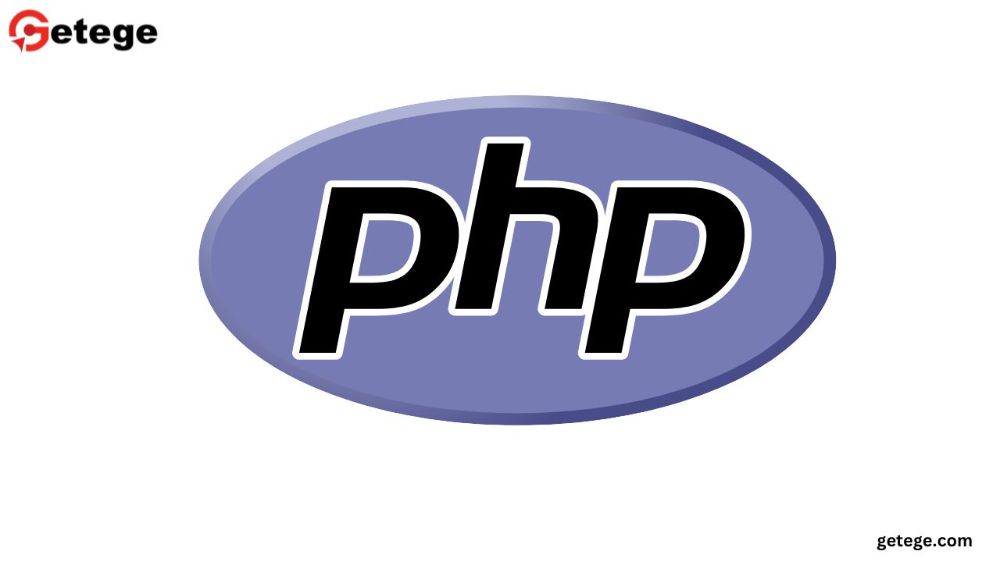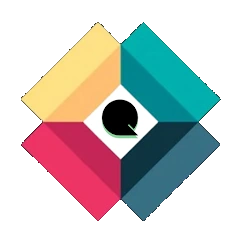R Programming Language: A Comprehensive Guide for Data Science and Statistical Computing
R is a powerful and flexible programming language specifically designed for data analysis, statistical computing, and visualization. Developed in the early 1990s, R has become a go-to tool for statisticians, data scientists, and researchers across various fields. With its open-source nature, extensive community support, and a wide range of libraries, R continues to evolve, making it a critical asset for data-driven decision-making. In this guide, we'll explore the key features, benefits, and applications of the R programming language, along with a closer look at why it remains essential in the data science world.
What is R Programming?
It provides a wide variety of statistical techniques such as linear and nonlinear modeling, time-series analysis, classification, clustering, and others. One of the key aspects that makes R popular is its ability to produce high-quality plots, including mathematical symbols and formulas where needed.
The R environment is not only limited to a programming language but also an ecosystem. It includes a vast collection of packages, making it highly extensible and customizable to suit specific needs. Whether you’re working with big data, performing exploratory data analysis (EDA), or creating advanced machine learning models, R has a package or method for you.
Key Features of R Programming Language
Statistical Techniques
R offers a plethora of built-in statistical tools for hypothesis testing, regression analysis, and other complex statistical methods. From basic descriptive statistics to multivariate data analysis, R covers it all.Data Visualization
One of R’s standout features is its exceptional ability to visualize data. With libraries likeggplot2, users can create interactive, publication-ready graphics, making it easy to convey complex data insights.Open-Source and Free
R is completely open-source, meaning it’s free to use and distribute. Its open nature also enables constant updates and contributions from its vibrant global community.Extensive Package Support
This includes packages for specialized areas like bioinformatics, finance, and social sciences, as well as machine learning and deep learning tools.Cross-Platform Compatibility
R works seamlessly across various platforms, including Windows, macOS, and Linux, making it versatile for different working environments.
Benefits of Using R Programming
Ideal for Statistical Computing
R was built by statisticians for statisticians. It is the language of choice when it comes to implementing statistical models, from simple t-tests to more complex techniques like time-series forecasting and generalized linear models.Community and Support
With a strong user base, R has one of the most active communities in the data science space. Whether through forums, GitHub repositories, or online tutorials, finding support for any question is quick and easy.Data Wrangling Capabilities
R excels at data manipulation and transformation, thanks to packages likedplyr,tidyr, anddata.table. This makes it particularly useful for cleaning and preparing datasets for analysis.Integration with Other Languages
R can easily interface with other programming languages such as C++, Python, and Java. This means you can integrate R with other tools in your workflow, particularly in a data science pipeline.Reproducible Research
Tools likeknitrand RMarkdown allow users to create dynamic reports that combine code, text, and output in a single document, promoting reproducible research and transparent workflows.
Applications of R Programming
Data Science and Analytics
R’s primary use lies in data science, where it excels in statistical analysis, data cleaning, and visualization. With its ability to handle both structured and unstructured data, R is perfect for everything from data exploration to predictive modeling.Machine Learning
With packages likecaret,randomForest, andxgboost, R provides robust tools for building machine learning models, including classification, regression, and clustering.Biostatistics
In fields like bioinformatics and epidemiology, R is widely used for analyzing and interpreting biological data, particularly in genetics, pharmacology, and population health studies.Finance
R is commonly used in quantitative finance for risk management, portfolio optimization, and time-series analysis. Packages likequantmodandPerformanceAnalyticsoffer tools for financial analysis and algorithmic trading.Marketing and Business Analytics
Companies leverage R for customer segmentation, market basket analysis, and predictive modeling to inform business strategies. Marketing professionals use R to analyze customer data and optimize marketing campaigns.
Why Choose R for Your Data Science Needs?
R stands out in the data science landscape because of its unparalleled support for statistical analysis and data visualization. It's an excellent tool for researchers, data analysts, and statisticians who require rigorous statistical analysis combined with the ability to create clear, insightful graphics.
Broad Library Ecosystem
With thousands of specialized packages, R can handle virtually any statistical or machine learning task. Libraries likeggplot2for visualization andshinyfor building interactive web applications are among the best in their respective fields.Easily Handles Complex Data
R is capable of managing large datasets and complex data types, including time-series, geospatial, and unstructured data, making it invaluable for research-intensive tasks.Flexibility in Data Visualization
R’s graphics capabilities are second to none. Theggplot2package alone offers unmatched flexibility for creating static, dynamic, and interactive visualizations.Perfect for Academic and Research Use
R's deep integration with the academic community, particularly in fields like bioinformatics and social sciences, makes it an ideal choice for researchers.
FAQs About R Programming Language
Q1: Is R difficult to learn for beginners?
A1: While R can have a steep learning curve for beginners, there are numerous resources like tutorials, online courses, and documentation available to help new users get started.
Q2: How does R compare to Python for data science?
A2: R is often preferred for statistical analysis and data visualization, while Python excels in machine learning and general-purpose programming. Both languages have their strengths, and many data scientists use them in tandem.
Q3: Can R handle big data?
A3: Yes, with packages like data.table and integration with Hadoop and Spark, R can handle big data efficiently.
Q4: What industries use R?
A4: R is used across various industries, including academia, healthcare, finance, marketing, and government sectors, particularly where statistical analysis and data visualization are critical.
Q5: What are some popular IDEs for R?
A5: RStudio is the most widely used Integrated Development Environment (IDE) for R, offering a user-friendly interface, integrated debugging, and support for markdown, Shiny apps, and more.
Conclusion
R programming language remains one of the most robust tools for statistical computing and data visualization. Its versatility, rich library ecosystem, and active community make it a powerful asset for data science, research, and beyond. Whether you’re conducting complex statistical analyses or building machine learning models, R provides the tools necessary to turn data into actionable insights. With constant updates and a growing number of packages, R is not just a language—it's a thriving ecosystem for data professionals worldwide.
